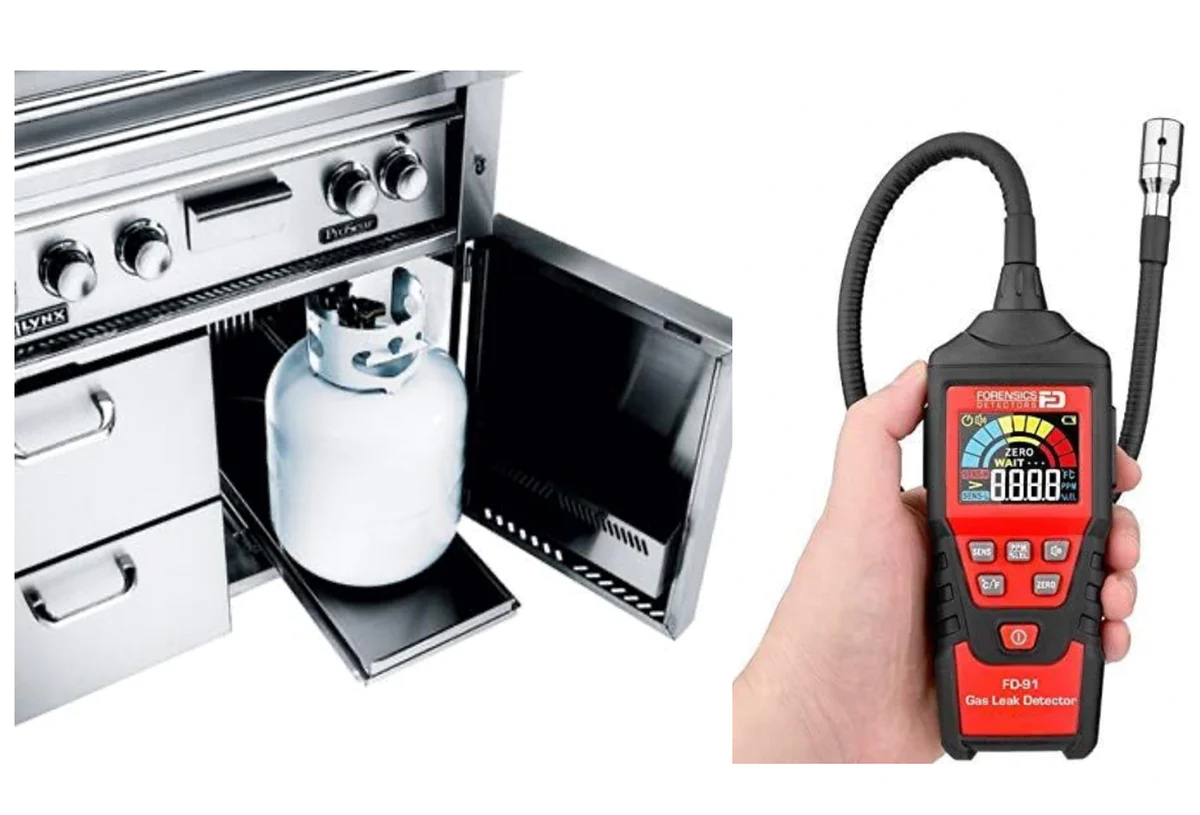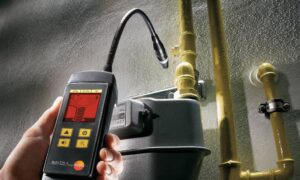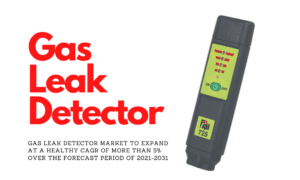Being proactive is always a good idea when it comes to defending your house and loved ones! Purchasing a gas leak detector is one way to achieve this. You may not have given such safety precautions much thought, but given the dangers that could result from unnoticed leaks, it just makes sense to install one of these indispensable tools.
If there are unsafe quantities of natural gas or LPG in your house, a gas leak detector serves as an early warning system and helps shield you and your family from harm. In this post, Hangwei will go over why having a gas leak detector is crucial, how they operate, the different models that are currently on the market, and some factors you should take into account before purchasing your own in this post. Continue reading to learn everything you need to know about gas detectors!
Why are gas leak detectors useful and what do they do?
Gas leak detectors are crucial safety tools used to locate the presence of dangerous gases in a variety of settings. These detectors are capable of picking up a variety of gases, including propane, carbon monoxide, and natural gas.
Additionally, they are essential in safeguarding people and property by warning people of possible gas leaks before they develop into harmful situations. Devastating outcomes from gas leaks can include fires, explosions, and health risks from prolonged exposure.
The adaptability of gas leak detectors is an additional significant factor. In order to meet varied needs and tastes, they are available in a variety of sorts and styles, including handheld devices, fixed installations, and even smartphone applications.
Last but not least, annual maintenance and testing of gas leak detectors are essential to ensure their best performance and dependability. These detectors are beneficial in a variety of situations, ranging from residential houses to commercial and industrial organisations, where gas leaks can pose major threats. By being aware of the significance of gas leak detectors and making the necessary investments, you may improve safety and shield your surrounds from potential dangers.
The warning signs of a gas leak and how to spot them
Gas leaks can be hazardous, so being able to see them right away is crucial. You may keep an eye out for a few things that could be signs of a gas leak, like a hissing sound or a gas smell.
Additionally, you can see dead vegetation or plants close to the gas lines outside. However, employing a Gas Leak Detector is the most effective approach to find a gas leak. These gadgets have sensors that can detect the presence of gas in the air and assist in locating the leak’s source. Gas leaks must be taken seriously and fixed right away if you want to keep yourself and your loved ones safe.
Advice on correctly putting in place and caring for a gas leak detector
Whether it’s a family residence or a business complex, installing and maintaining a gas leak detector is essential for assuring safety.
A gas leak detector must be installed and maintained correctly since it can result in significant property damage and personal injury. Reading the manufacturer’s instructions in their entirety is the first step in correctly installing a gas leak detector.
The detector must typically be installed correctly, tested for operation, and had its batteries constantly checked. Proper maintenance includes checking for leaks, keeping it clean, and making sure there are no blockages. These pointers can help you keep your gas leak detector in good working order, providing you piece of mind and a safe environment to live or work in.
Various gas detectors and how they serve various purposes
Devices called gas detectors keep an eye out for the presence of dangerous gases in both commercial and residential settings. They are crucial in preventing potential gas risks, such as those caused by flammable, poisonous, or oxygen-deficient conditions. There are various varieties of gas detectors, each created to work with a certain application.
Electrochemical, infrared, catalytic, and photoionization detectors are a few examples of the various types of gas detectors. While infrared detectors are frequently employed to identify hydrocarbon gases, electrochemical detectors are typically utilised to detect hazardous gases.
On the other side, photoionization detectors and catalytic detectors are used to identify volatile organic compounds (VOCs) and flammable gases, respectively. Knowing the various types of gas detectors and how they work is essential for choosing the proper instrument to provide precise and dependable monitoring of the target gas.
The significance of routine gas detector maintenance
Your gas detector’s durability and maximum performance depend on routine maintenance. Without regular maintenance, the device could record false readings or, worse, stop working completely.
In a variety of locations, including industrial, commercial, and residential sites, the effects of faulty gas detection equipment can be devastating. The specified maintenance schedule should be followed to avoid expensive repairs, decreased safety, and even legal repercussions.
For your gas detector to reliably detect gas concentrations, pose no safety threats, and function at its best, routine maintenance procedures like calibration and sensor replacement must be carried out. Prioritise routine maintenance if you want to keep others and yourself safe from potential risks.



































